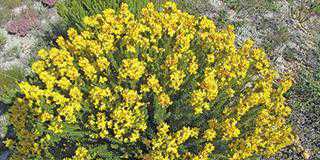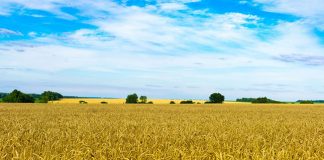
Photo: FW Archive
Farmers in the Mtubatuba district of KwaZulu-Natal are “hoping and praying” that the foot-and-mouth disease (FMD) case detected at a dip tank in the previously reduced Disease Management Area (DMA) does not mean the disease has spread further.
This was according to PJ Hassard, president of the KwaZulu-Natal Agricultural Union, responding to a recent report by the Department of Agriculture, Land Reform and Rural Development (agriculture department), which indicated that while two locations affected by the original outbreak in May 2021 had recently been removed from the list of those affected, a new location had been added.
Serological and clinical surveillance of animals had been ongoing since last year, and observations at the two previously infected feedlots indicated that there had been no active disease-spread among animals for a period of more than six months.
The quarantine restrictions had also been lifted on feedlots, and slaughterings for the local market in the DMA were continuing.
The new positive location reported earlier this month fell within the reduced DMA. Clinical inspection and sample collection were being intensified in the newly identified infected area to determine the true extent of the disease, the agriculture department said in a statement.
“We are eagerly awaiting the results of the tests that were done at the affected dip tank. This is a stressful time and our sincere hope is that the disease [has] not spread from the reduced DMA to the surrounding surveillance area.
“The FMD outbreak had a terribly negative impact, [both] financially and economically, on the entire agricultural value chain in the region,” Hassard told Farmer’s Weekly.
According to him, communal farmers were bearing the brunt of the financial impact. While commercial farmers had, to some extent, the means and infrastructure to register feedlots and to have animals slaughtered at FMD registered abattoirs, communal farmers did not.
They were thus often forced to move their cattle surreptitiously and illegally.
The agriculture department declared a DMA in KwaZulu-Natal on 30 June 2021 after the outbreak of FMD, which was reduced in size in September 2021. This reduced DMA with all of its control measures was still in place.
This included restrictions on the movement of cloven-hoofed animals, their products and genetic material out of, into, within or through the revised DMA, the statement said.












